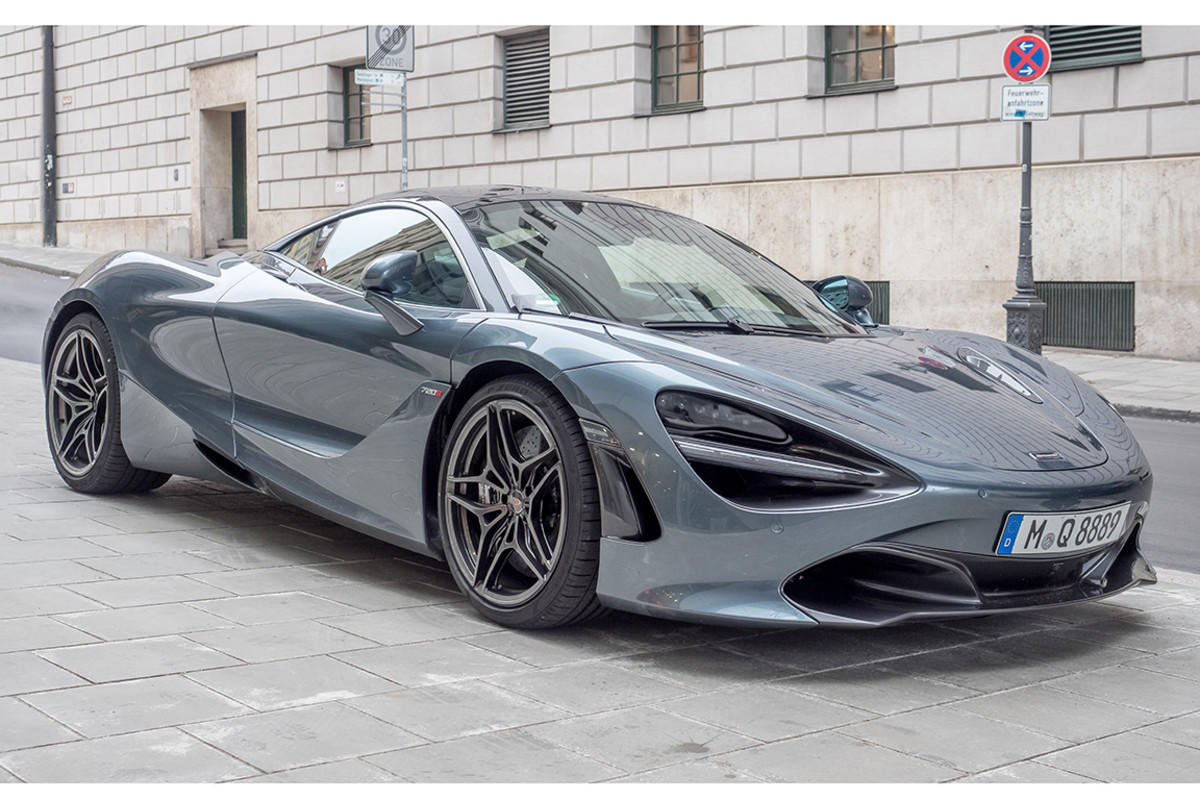Shop At Haya: Your Ultimate Shopping Guide
Discover the best shopping tips, trends, and deals for a smarter buying experience.
Revved Up and Ready: Discover the Latest in Car Innovation
Unleash the future of driving! Explore the hottest car innovations and rev up your knowledge today!
Top 5 Game-Changing Technologies Revolutionizing the Automotive Industry
The automotive industry is experiencing a seismic shift driven by innovative technologies that are not only enhancing vehicle performance but also reshaping the entire driving experience. Among these, electric vehicles (EVs) stand out, offering a sustainable alternative to traditional combustion engines. Manufacturers are increasingly investing in EV technology, making electrification a core strategy to combat climate change and reduce carbon footprints. As the market for EVs expands, we are witnessing advancements in battery technology, including faster charging times and increased range, making these vehicles more appealing to the average consumer.
Another game-changing technology is autonomous driving, which is revolutionizing how we perceive personal and public transportation. Companies like Tesla and Waymo are at the forefront of developing self-driving vehicles, utilizing sophisticated algorithms and artificial intelligence to navigate roads with minimal human intervention. This innovation promises to improve road safety, reduce traffic congestion, and provide mobility solutions for individuals unable to drive. In addition to EVs and autonomous systems, technologies such as connected car solutions and sustainable manufacturing practices are integral in transforming the automotive landscape, ensuring that both vehicles and their production processes are environmentally friendly and technologically advanced.

How Electric Vehicles Are Shaping the Future of Transportation
The rise of electric vehicles (EVs) is revolutionizing the way we think about transportation. As concerns over climate change and fossil fuel depletion grow, the automotive industry is rapidly evolving. Major car manufacturers are investing heavily in research and development to produce a wider range of EV models, making them more accessible to the general public. This shift not only promotes environmental sustainability but also encourages advancements in charging infrastructure, battery technology, and renewable energy sources.
Furthermore, the adoption of electric vehicles is influencing urban planning and policy. Cities worldwide are implementing incentives for EV owners, such as tax breaks and access to carpool lanes. In addition, the gradual transition to electric transportation contributes to reduced air pollution and lower greenhouse gas emissions. As EV technology continues to improve, experts predict that by 2030, a significant portion of the global vehicle fleet will be electric, heralding a new era of clean and efficient transportation.
What to Expect from Self-Driving Cars: Myths vs. Reality
The advent of self-driving cars has sparked a wave of excitement and speculation about the future of transportation. However, one of the biggest challenges is differentiating between myths and reality. Many people believe that autonomous vehicles will eliminate all traffic accidents, leading to a utopia of perfect road safety. In reality, while these vehicles are designed to minimize human error, they are still subject to limitations, including unforeseen weather conditions and complex urban environments. According to current prototypes, self-driving cars rely on a combination of sensors, cameras, and sophisticated algorithms, which can sometimes struggle with unpredictable variables.
Another common myth is that self-driving cars will allow passengers to completely disengage from the driving experience, treating their vehicles more like living rooms on wheels. However, the reality is that, at least in the near term, drivers may still need to pay attention and be ready to take control when necessary. This involves a level of vigilance that many users might not anticipate. As advancements continue, we can expect to see a gradual shift where self-driving technology becomes more integrated into daily life, but we must remain grounded about its current capabilities and limitations.